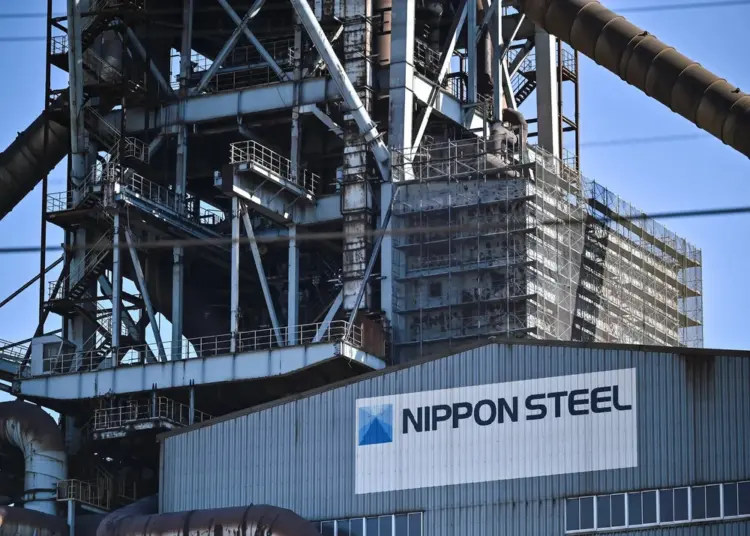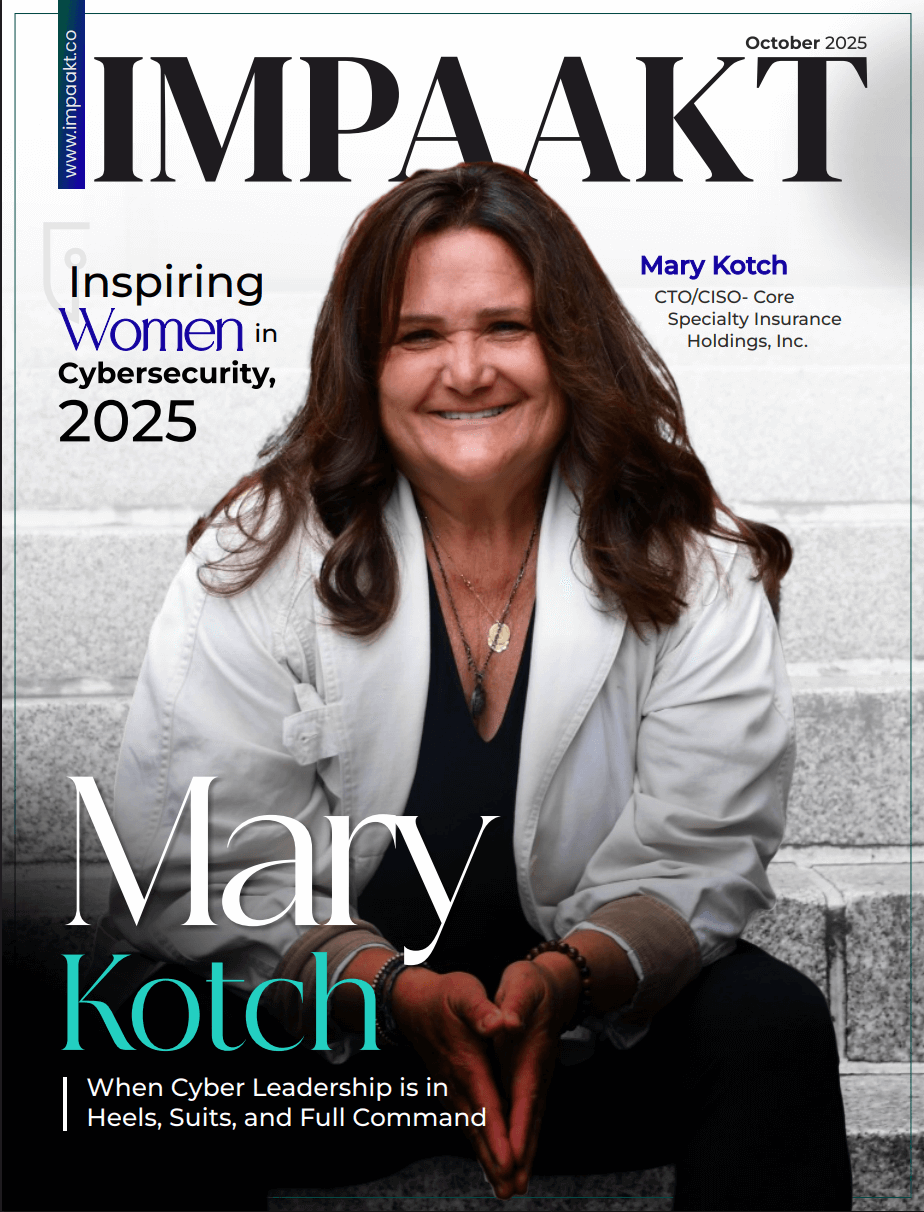In a landmark cross-border transaction, Japan’s Nippon Steel has officially completed its $14.9 billion acquisition of U.S. Steel, concluding months of intense regulatory review and political scrutiny. First proposed in 2023, the deal received approval after Nippon agreed to several major concessions addressing U.S. national security concerns—including a unique “golden share” arrangement granting the federal government direct influence over critical corporate decisions.
Nippon Steel’s U.S. Expansion and Global Growth
The acquisition transforms Nippon Steel into one of the world’s largest steelmakers, significantly enhancing its footprint in the U.S. market. For U.S. Steel, a 124-year-old industrial icon long beset by financial challenges, the deal offers a vital path forward and promises sustained investment.
Under the agreement terms, Nippon will pay $55 per share and take on U.S. Steel’s existing debt, bringing the total transaction value to nearly $15 billion. The Japanese steelmaker has also committed to invest $11 billion into U.S. operations by 2028, including a new steelmaking facility.
Conditions of the Acquisition
To win U.S. approval, Nippon accepted several rare conditions:
-
The U.S. government receives a “golden share,” giving veto power over relocating production or closing American plants.
-
U.S. Steel will retain its iconic name and continue to be headquartered in Pittsburgh, Pennsylvania.
-
Key leadership positions—including CEO and most of the board—will be filled by U.S. citizens.
Political Reactions and Industry Impact
Former President Donald Trump, initially a vocal critic of the acquisition over national security concerns, reversed his stance after these conditions were fulfilled. In an executive order issued Friday, Trump endorsed the transaction, stating that the safeguards would protect American steel jobs and manufacturing.
Nippon and U.S. Steel jointly announced that the partnership will safeguard over 100,000 jobs and maintain the company’s American identity.
“This ensures U.S. Steel remains a cornerstone of American industry—mined, melted, and made in the USA,” the companies stated.
However, not all parties are convinced. The United Steelworkers union, which supported President Joe Biden’s earlier efforts to block the deal, voiced concern over the final outcome. Union president David McCall criticized the level of executive control now afforded to the president and pledged to hold Nippon accountable for its promises.
The Future of U.S. Steel and Nippon’s Commitment
The agreement comes amid heightened U.S. protectionism, with steel at the center of recent tariff hikes and political debate. President Trump has increased steel import tariffs to 50% as part of his “America First” platform.
With the deal now closed, attention turns to how Nippon Steel will uphold its ambitious commitments while navigating its new relationship with the U.S. government—and whether it can truly revitalize U.S. Steel without compromising American jobs or industrial autonomy.
Want to explore more business-defining deals like this? Visit IMPAAKT—your trusted source and a top business magazine for responsible impact analysis.











